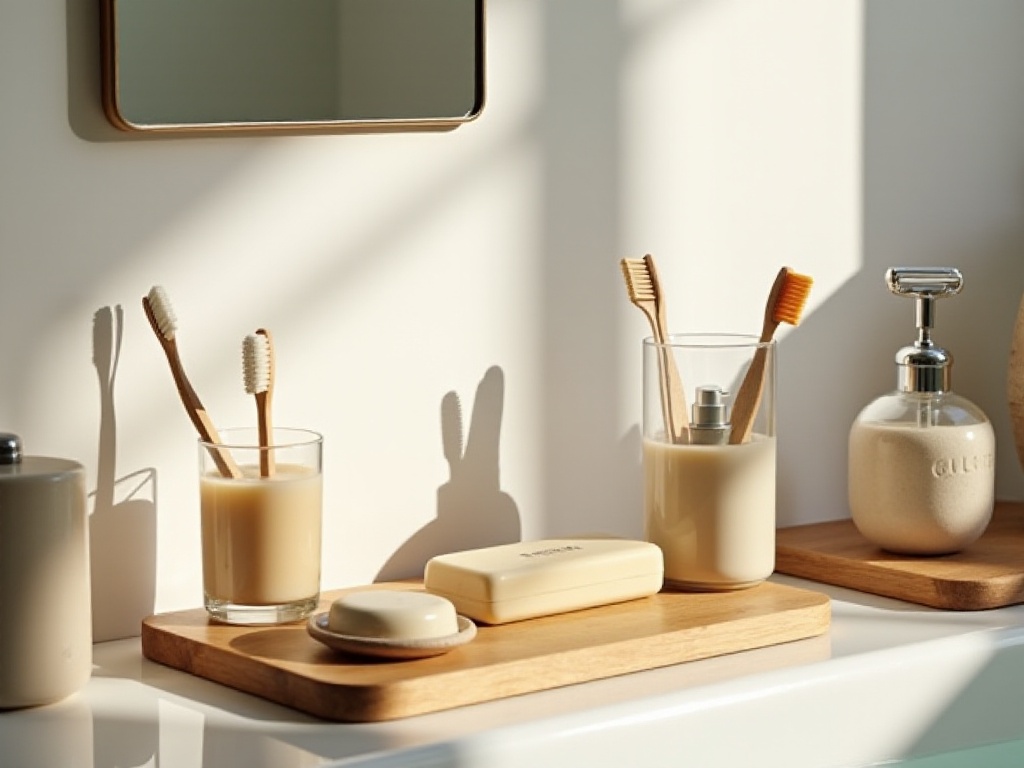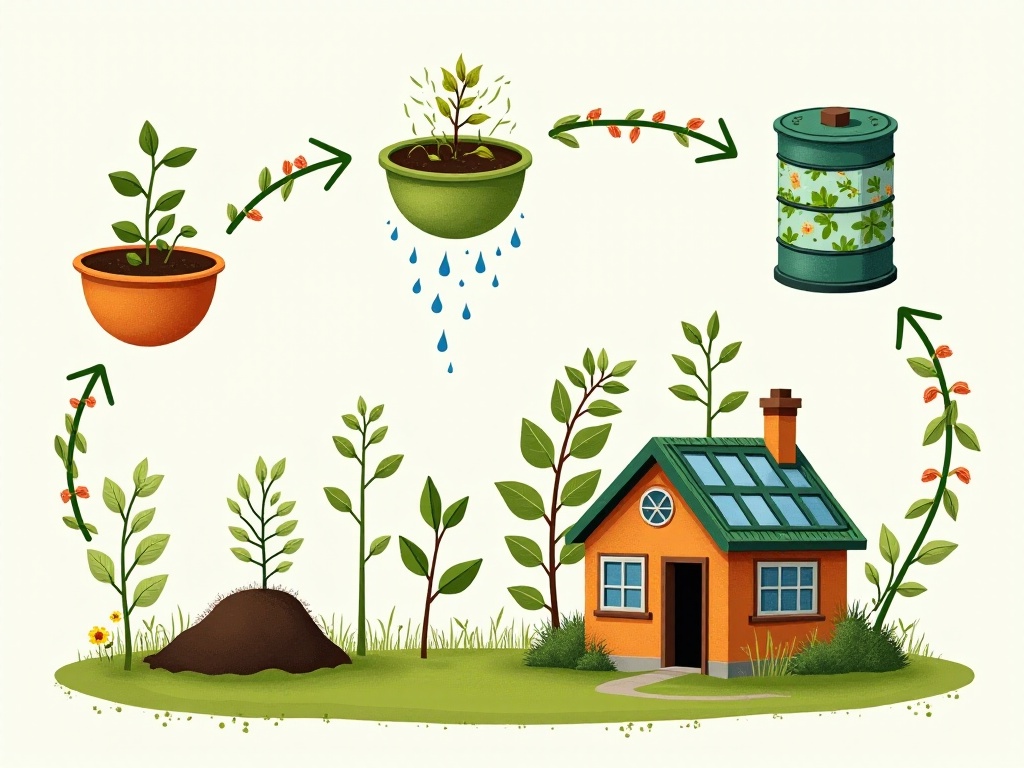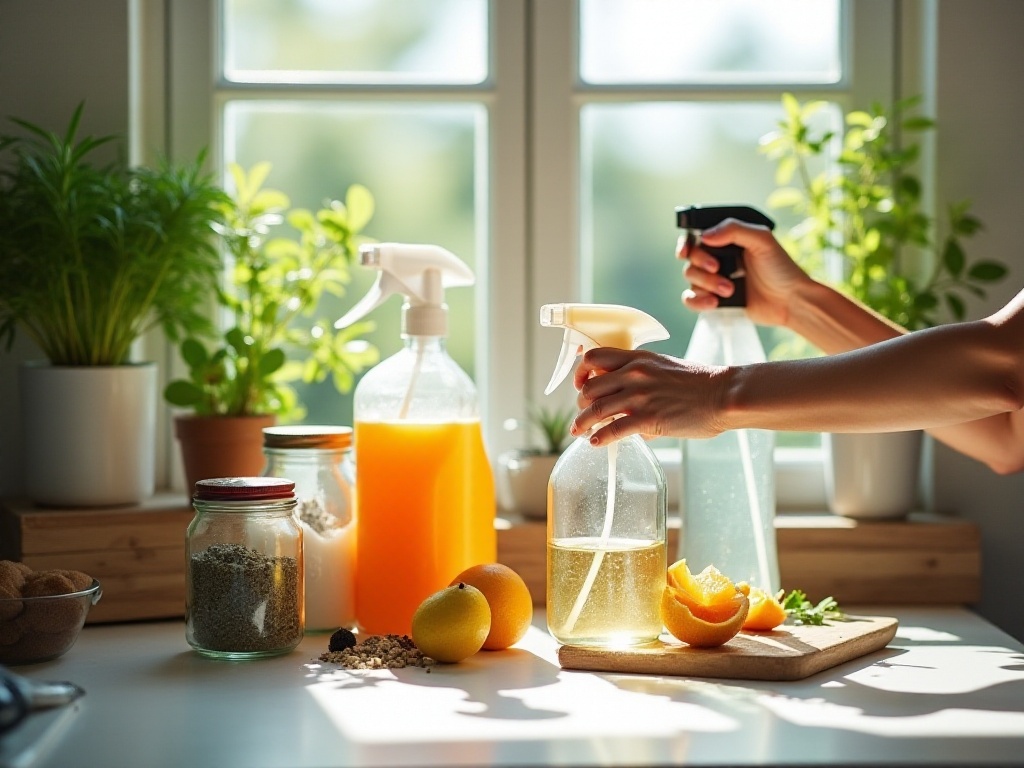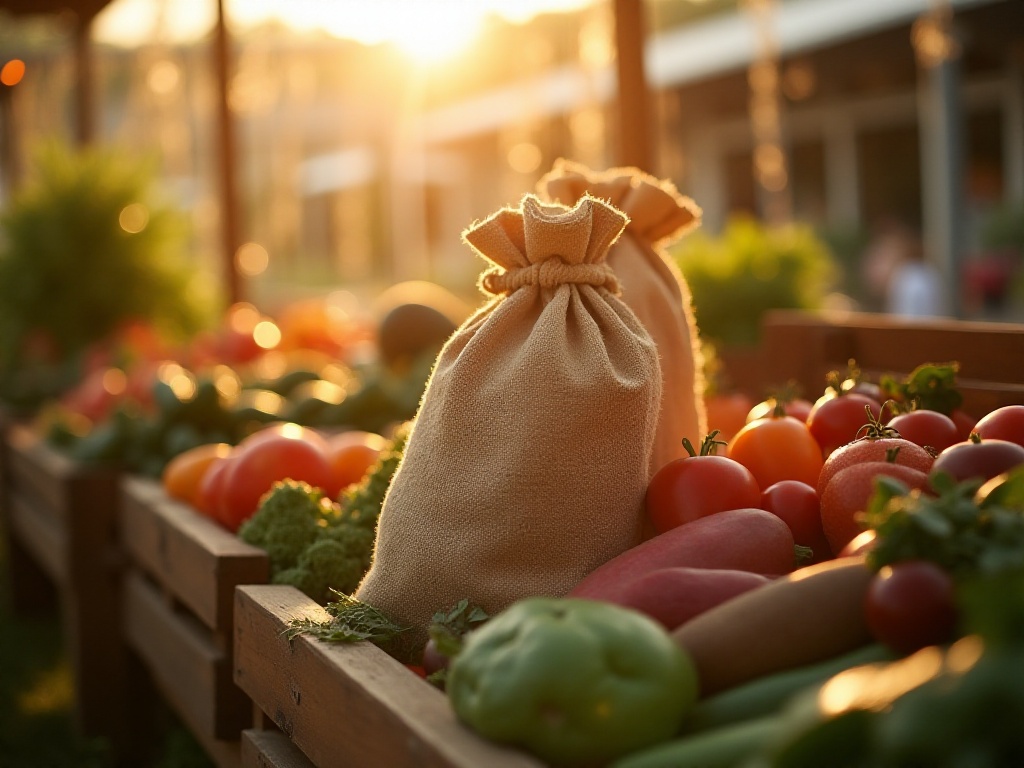Opening Remarks
Recently, I've noticed more and more young people around me becoming enthusiastic about exploring zero-waste lifestyles. At some point, my social media feed began filling up with friends sharing their eco-friendly daily routines: some showing off their secondhand finds, others sharing composting tips, and some displaying their plastic-free shopping victories. This lifestyle transformation inspired me deeply, so I began my own zero-waste journey. To be honest, it was overwhelming at first - zero-waste living seemed distant and appeared to require a complete lifestyle overhaul. However, as I gradually explored, I discovered that such extreme changes weren't necessary. You can start with small steps, slowly cultivate environmental awareness, and gradually transform your habits.
Understanding the Current Situation
Before officially starting my zero-waste lifestyle, I spent a week documenting my daily habits and waste production. This process was eye-opening - I had no idea I generated so much waste! After careful analysis, takeout packaging emerged as the main contributor to my daily waste, with each order generating plastic containers, utensils, bags, and other packaging. Next came delivery packaging, with cardboard boxes, tape, and plastic foam accumulating almost daily. Add to that snack packaging and disposable items, and I accumulated two large bags of garbage in just one week! This number truly shocked me.
Through this recording process, I also discovered many unconscious wasteful behaviors. For instance, I habitually accepted flyers from businesses only to throw them away without reading; I thoughtlessly took too many plastic bags while shopping; I prioritized beautiful packaging while shopping, ignoring that it would all become waste. These seemingly insignificant actions accumulated into massive resource waste.
More surprisingly, during the recording period, I realized I often threw away perfectly edible food. Sometimes it was because I bought too much to eat in time, other times because I forgot what was in the fridge until it had spoiled. This avoidable waste wasn't just a waste of money, but also of Earth's resources.

Shopping Revolution
After recognizing these issues, I began changing my shopping habits. The first time I brought cloth bags to the supermarket felt awkward - I felt people were looking at me strangely. The cashier also looked puzzled, probably because they rarely saw young people bringing their own shopping bags. But over time, this feeling faded. Now, reusable bags are one of my essential items whenever I go out.
My decision-making process while shopping has also changed significantly. Previously, I bought things purely based on mood - if I liked it, I bought it, without considering practicality. Now I think more rationally: Do I really need this item? How long will it last? Is the packaging eco-friendly? Can I find a more environmentally friendly alternative?
Clothing shopping best reflects this transformation. Statistics show that on average, 30% of clothes in people's wardrobes have never been worn - an alarming figure. Looking at my own closet, there were indeed many impulse purchases sitting unused. Now when buying clothes, I consider more factors: What's the fabric? How durable is it? How versatile is it? How long will it last? Does it match my style? Through this thinking process, I not only avoid impulse purchases but also buy clothes that truly suit me.
Beyond clothing, my approach to buying daily necessities has also changed dramatically. I began trying alternative eco-friendly products, like using solid shampoo bars instead of regular shampoo, which not only reduces plastic bottle usage but is often more natural and environmentally friendly. I choose biodegradable bamboo toothbrushes and switched to reusable makeup remover pads instead of disposable ones. While these changes require some initial investment, they're both environmentally and economically beneficial in the long run.
Regarding food shopping, I've also developed new habits. I try to choose bulk foods rather than over-packaged goods, bring my own containers for condiments, and select seasonal local fruits and vegetables instead of imported products. I always make a shopping list before going out, which helps avoid buying too much and prevents extra trips for forgotten necessities.
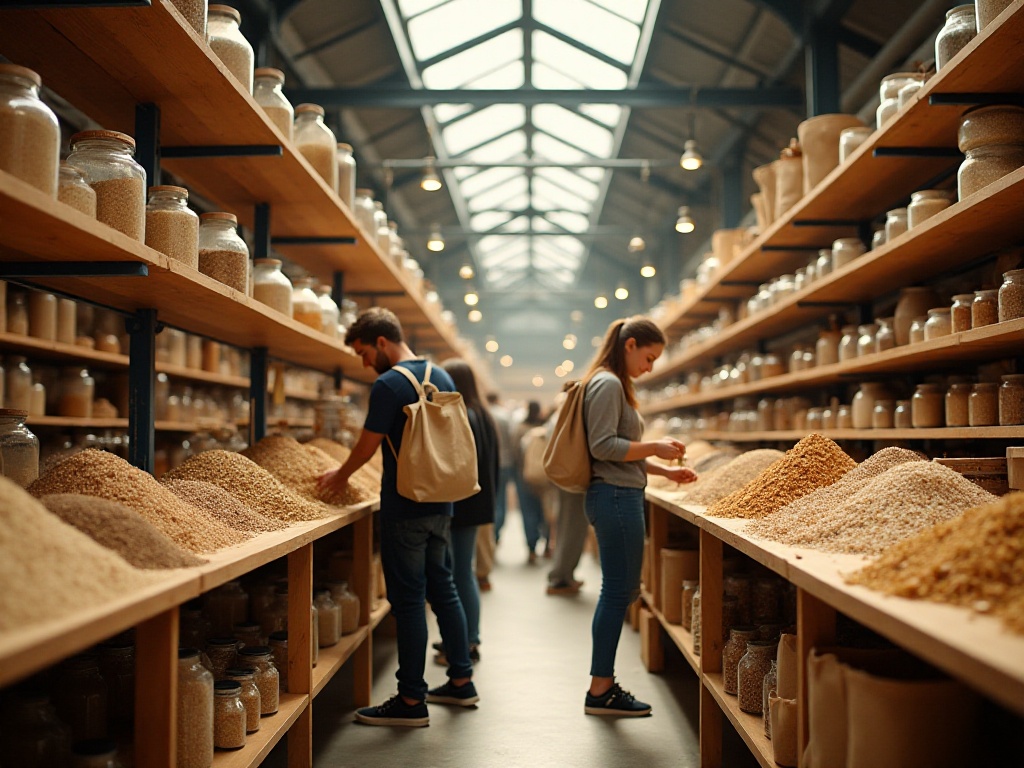
Kitchen Wisdom
The kitchen is a crucial battleground for practicing zero-waste principles. According to FAO data, about one-third of global food production is wasted, with a significant portion occurring in home kitchens. To avoid food waste, I started planning weekly meals. Spending some time on weekends planning the next week's menu and shopping accordingly not only reduces waste but also ensures a balanced diet.
In terms of food preparation, I've learned to fully utilize every ingredient. For example, broccoli stems can be diced for stir-fries, carrot peels can be used in soup stock, leftover rice can become fried rice, and nearly spoiled fruits can be made into jam. Things I previously thought were too troublesome to do now seem quite manageable, and trying new ways to use ingredients often brings unexpected surprises.
I've also developed good food storage habits. I bought special airtight containers, categorized ingredients, and labeled containers with purchase dates and expiration dates. This not only extends food preservation time but also prevents waste from forgetfulness. I regularly organize items in the refrigerator, placing items nearing expiration in visible locations as reminders to use them first.
To reduce takeout frequency, I started learning to cook. Beginning with simple home dishes, I gradually mastered different cooking techniques. Cooking at home not only controls ingredient portions but also ensures healthy eating - achieving multiple benefits. During leisure time, I research new recipes with friends and share cooking tips, making the process itself enjoyable.
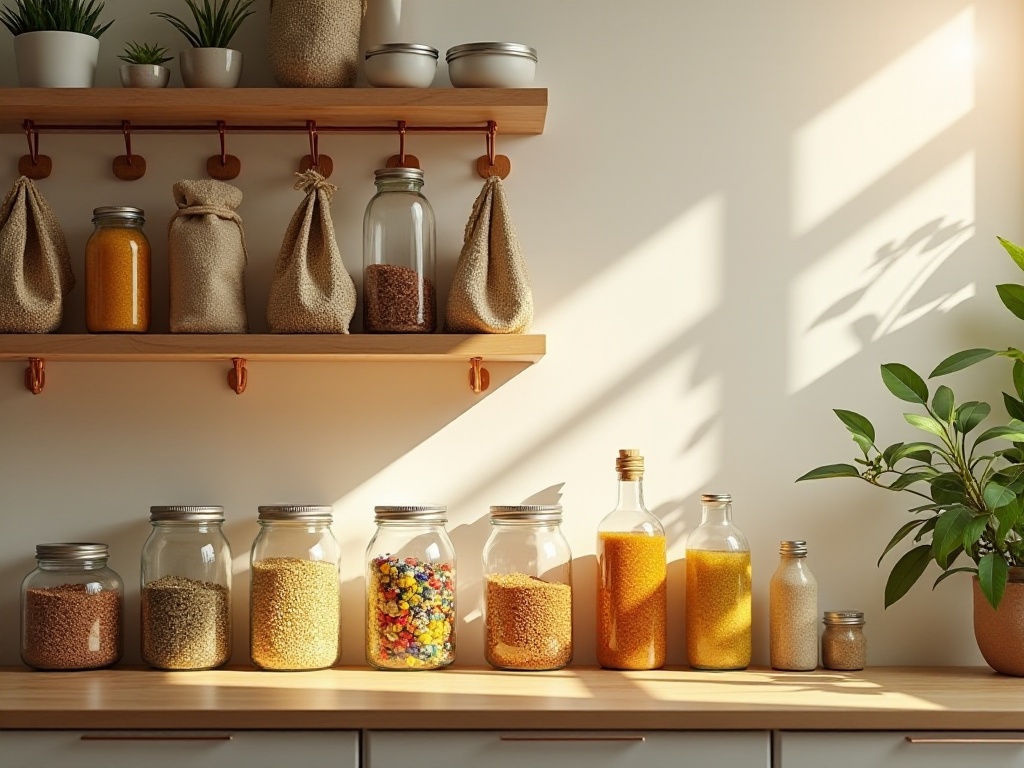
Making the Most of Everything
After learning that a regular plastic bag takes 500 years to fully decompose, I began re-examining every item around me, considering how to maximize their value. Glass jars can be cleaned and used to store grains and seasonings, jam jars can become vases or pencil holders. Delivery boxes aren't immediately discarded but folded and stored for future shipping needs.
Clothing usage also emphasizes maximizing utility. Old T-shirts can become cleaning rags, torn jeans can be transformed into shorts or reusable shopping bags. Clothes that don't fit or are no longer liked can be resold through secondhand platforms or donated to those in need. This not only prevents waste but allows items to continue being valuable to new owners.
Reusing office supplies is also important. Double-sided printing, using the back of waste paper for drafts, replacing pen refills instead of throwing away the whole pen. These small actions, when accumulated, can have a significant impact.
The lifespan of electronic devices is also worth attention. Many people chase trends, frequently replacing phones and computers, which is also a form of resource waste. With proper care and maintenance, electronic products can last much longer. When electronic products are truly no longer needed, they should be recycled through proper channels rather than carelessly discarded.
Composting Practice
Practicing composting in urban life requires some skill and patience. I placed a sealed compost bin on my balcony specifically for kitchen waste. Initially, I worried about odors or insects, but these issues can be avoided with the right methods.
The basic principle of composting is converting organic waste into nutrient-rich fertilizer through microbial decomposition. It's important to note that not all kitchen waste is suitable for composting. Generally, fruit peels, vegetable waste, coffee grounds, and tea leaves make excellent composting materials. Meat, oils, and dairy products that easily produce odors should be avoided in the compost bin.
To accelerate the composting process, I regularly turn the compost, maintain appropriate moisture levels, and add dried leaves when necessary to adjust the carbon-nitrogen ratio. After some practice, I found our kitchen waste has significantly decreased, and the compost can be used for plants, achieving resource recycling.
Some friends worry that composting is troublesome, but there are now many convenient composting devices available, including smart composting machines that automatically control temperature and humidity, greatly simplifying the process. For those unable to compost, kitchen waste can be collected separately and taken to specialized recycling points.

Sharing Experiences
During my zero-waste journey, I've deeply realized that change isn't immediate - it needs to be gradual, starting from the easiest points. For example, carrying a reusable water bottle is a simple habit that greatly reduces disposable cup usage. Statistics show that if everyone used disposable cups daily, it would generate about 23kg of waste per person annually - a shocking figure.
I've encountered setbacks during this journey. Sometimes I forget to bring reusable bags and have to use plastic ones, or order takeout due to time constraints. But I've learned not to be too hard on myself - zero-waste living is a gradual process, and occasional slip-ups shouldn't be reasons to give up.
Social situations can be challenging. Sometimes during gatherings with friends ordering takeout, or when shopping while others use plastic bags, maintaining environmental principles can feel odd. But gradually, I've noticed friends being influenced - some starting to bring their own bottles, others trying composting. The sense of achievement from these changes is indescribable.
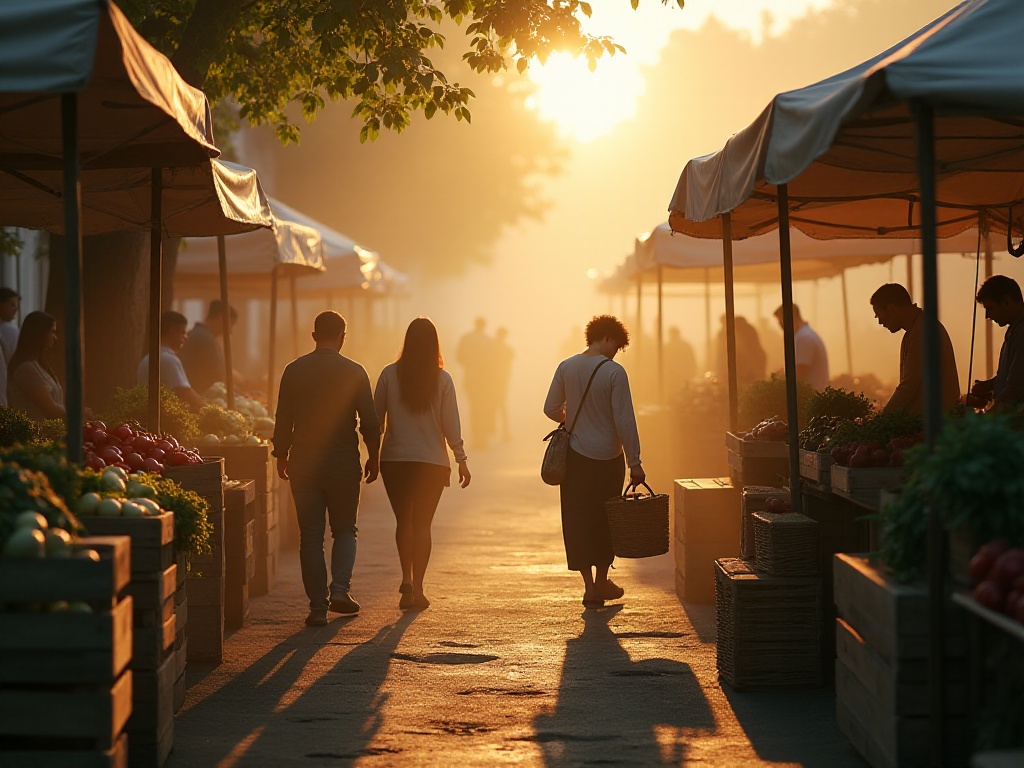
Final Thoughts
In practicing zero-waste living, the most important aspect isn't achieving perfect zero waste, but developing environmental awareness and considering how our consumption behaviors impact the environment. As environmentalists say: "We don't need a handful of people doing zero waste perfectly. We need millions of people doing it imperfectly." Each person's small change accumulates into a big step toward protecting Earth.
Through this process, I've deeply realized that environmental protection isn't a solo effort - it needs more participation and support. By sharing my experiences, I hope to influence more people to join the zero-waste lifestyle. Everyone can start with small actions, from turning off lights to refusing single-use items, making environmental protection a way of life.
What do you think is the most challenging part of zero-waste living? Welcome to share your thoughts and experiences in the comments. Let's discuss and improve together, contributing our part to Earth's sustainable development.


